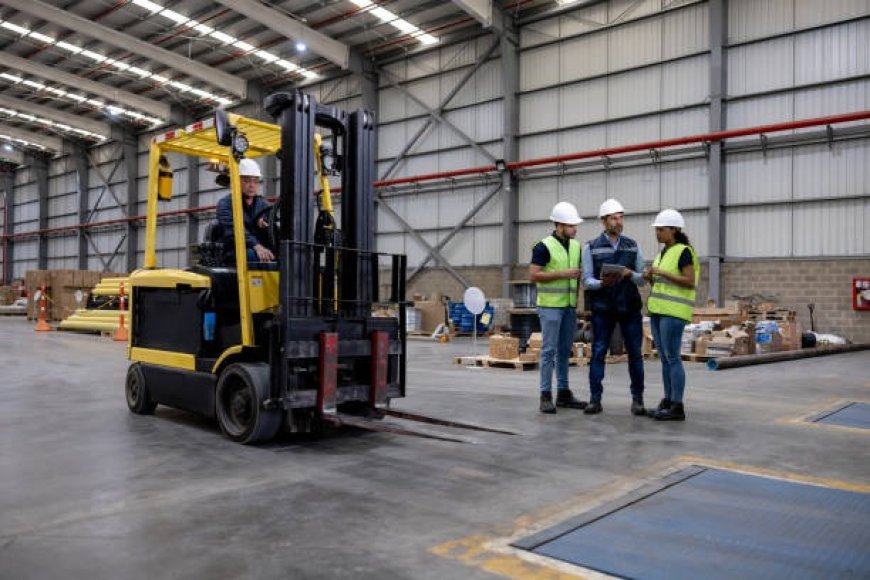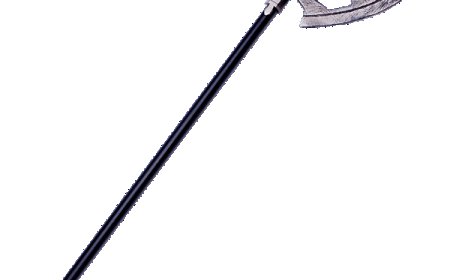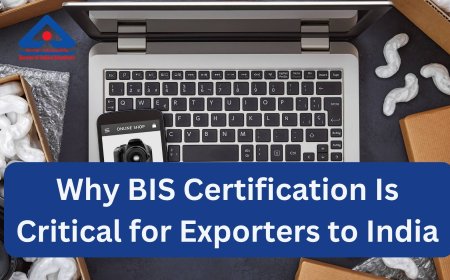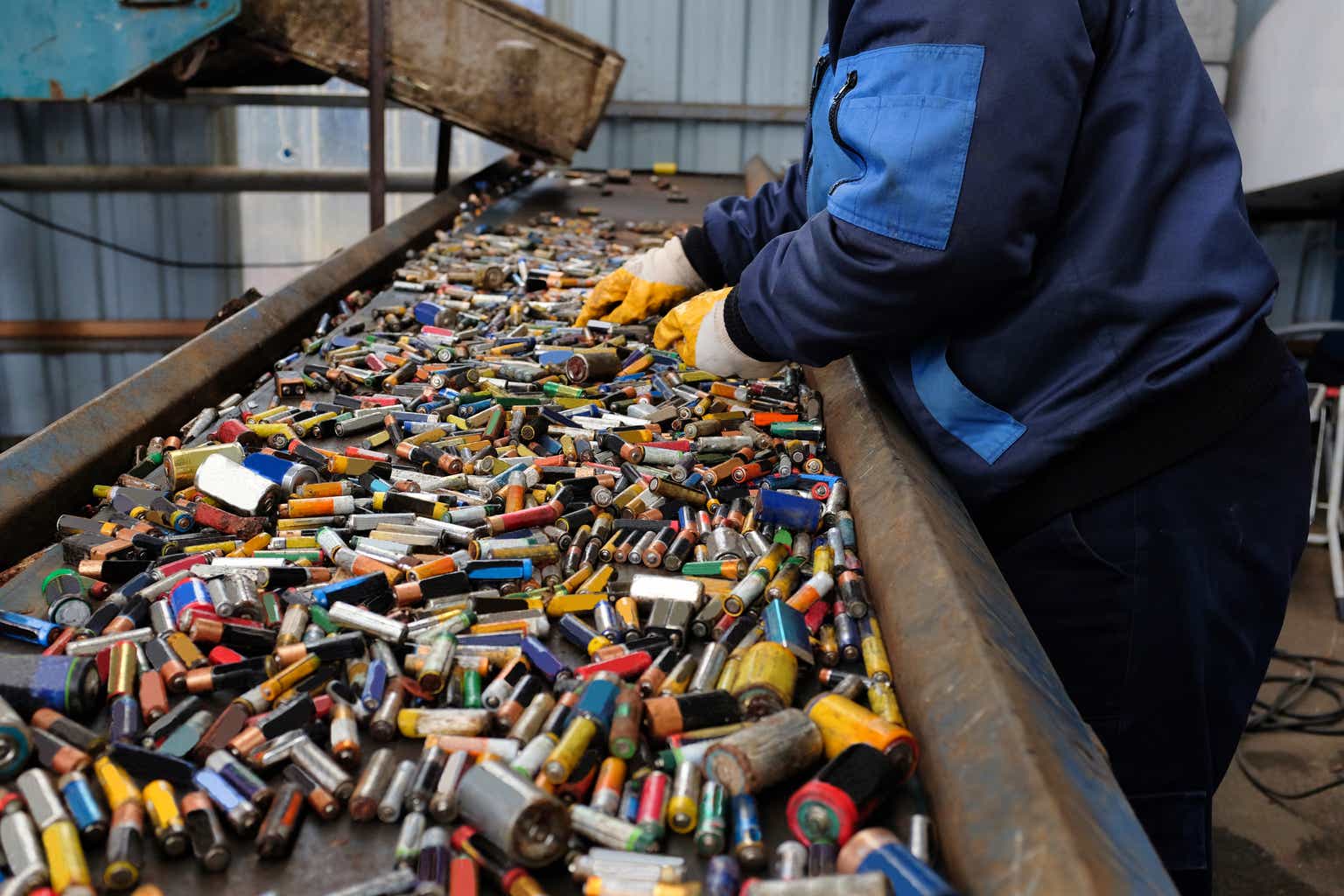A Complete Guide to Forklift Types and Uses in Dubai

Introduction to Forklifts in Dubai
Dubai is a hub for logistics, construction, and warehousing industries, making forklifts essential for material handling tasks. Forklifts are industrial vehicles designed to lift, move, and transport heavy loads over short distances. From loading docks to construction sites, they increase efficiency and reduce manual labour. Understanding their types, safety requirements, and operational regulations is critical for anyone working in Dubai’s commercial sectors.
Types of Forklifts Used in Dubai
Counterbalance Forklifts
Counterbalance forklifts are the most common type. They have a weight at the rear to balance heavy loads at the front. These forklifts are often used in warehouses and retail distribution centres in Dubai due to their easy manoeuvrability and versatility.
Reach Trucks
Reach trucks are ideal for narrow aisle operations. They extend forward to reach pallets stored in deep racks. In Dubai’s vertical storage warehouses, reach trucks help maximise space without compromising safety or speed.
Pallet Jacks
Also known as pallet trucks, these are smaller forklifts used for lifting and moving pallets over short distances. They are suitable for indoor operations like supermarket stockrooms or cargo handling in small spaces at Dubai airports.
Rough Terrain Forklifts
Designed for outdoor use on uneven surfaces, rough terrain forklifts have large pneumatic tyres and powerful engines. In Dubai, these forklifts are common at construction sites, ports, and desert-based industrial projects.
Telehandlers
Telehandlers combine forklift lifting with crane-like reach. They are used on construction sites across Dubai to lift materials to high platforms or scaffolding. They come with various attachments to handle different materials and load types.
Industries in Dubai That Rely on Forklifts
Logistics and Warehousing
Dubai’s position as a global logistics hub means forklifts are vital in ports, free zones, and fulfilment centres. They help move cargo, load shipping containers, and stack goods safely and efficiently.
Construction
Forklifts are used to transport heavy tools, steel bars, and construction materials across sites in areas like Jebel Ali, Business Bay, and Dubai South. They improve workflow and reduce manual handling risks.
Retail and Wholesale
Large retail warehouses in Dubai rely on forklifts to manage inventory, restock shelves, and organise pallets in storage areas. This keeps operations smooth and avoids delays in deliveries.
Manufacturing
Factories in Dubai’s industrial zones use forklifts to move raw materials to production lines and transport finished goods to storage or dispatch areas. Their role is critical in maintaining continuous workflow.
Forklift Safety Regulations in Dubai
Operator Certification
All forklift operators in Dubai must have proper training and certification. This ensures they understand load limits, operation techniques, and safety practices. Training is mandatory under UAE labour laws to reduce workplace accidents.
Routine Inspections
Forklifts must be inspected regularly for mechanical faults, brake efficiency, and hydraulic performance. Many companies in Dubai follow a daily inspection checklist before each shift to identify issues early.
Load Limit Compliance
Operators must know the weight limits of their forklifts. Overloading can cause tipping or equipment failure. Dubai’s workplace safety guidelines enforce strict adherence to load capacity charts for every model.
Clear Visibility
Forklifts must be operated with clear sightlines. Use of mirrors, cameras, and spotters is encouraged in crowded or narrow areas. In Dubai warehouses, visibility is often enhanced with floor markings and sensor systems.
Environmental Considerations
Electric vs. Diesel Forklifts
Electric forklifts produce no emissions, making them ideal for indoor use. In Dubai, many commercial indoor facilities now prefer battery-powered forklifts to reduce carbon footprint and improve air quality.
Heat Management
Dubai’s extreme summer temperatures can affect forklift performance. Operators must ensure engines are not overheating, and that hydraulic systems are functioning within safe temperature ranges.
Noise and Pollution
Forklifts used in urban or enclosed areas must meet noise and emission standards. Low-noise models are recommended for indoor or night-time use in Dubai’s 24/7 operations sectors.
Maintenance Tips for Forklifts in Dubai
Scheduled Servicing
Forklifts should follow a regular maintenance schedule to prevent breakdowns. Engine oil, hydraulic fluid, brake systems, and tyres must be checked frequently, especially during the summer season.
Battery Care
For electric models, proper battery maintenance includes regular charging, avoiding deep discharge, and cleaning terminals. Dubai's humid and dusty conditions can affect battery life if not maintained properly.
Tyre Inspection
Tyres should be checked for wear, pressure, and alignment. Uneven wear may indicate issues with load distribution or suspension. Rough terrain forklifts used in Dubai's desert projects need more frequent checks.
Conclusion
Forklifts play an essential role in supporting Dubai’s economy by boosting efficiency in multiple sectors. Whether operating in a warehouse, retail centre, or construction site, knowing the types, usage, and safety regulations helps ensure productivity and compliance. Regular training and proper maintenance are key to getting the best performance while ensuring worker safety. As Dubai continues to grow as a logistics and construction hub, the demand for forklift operations will also expand
















































































